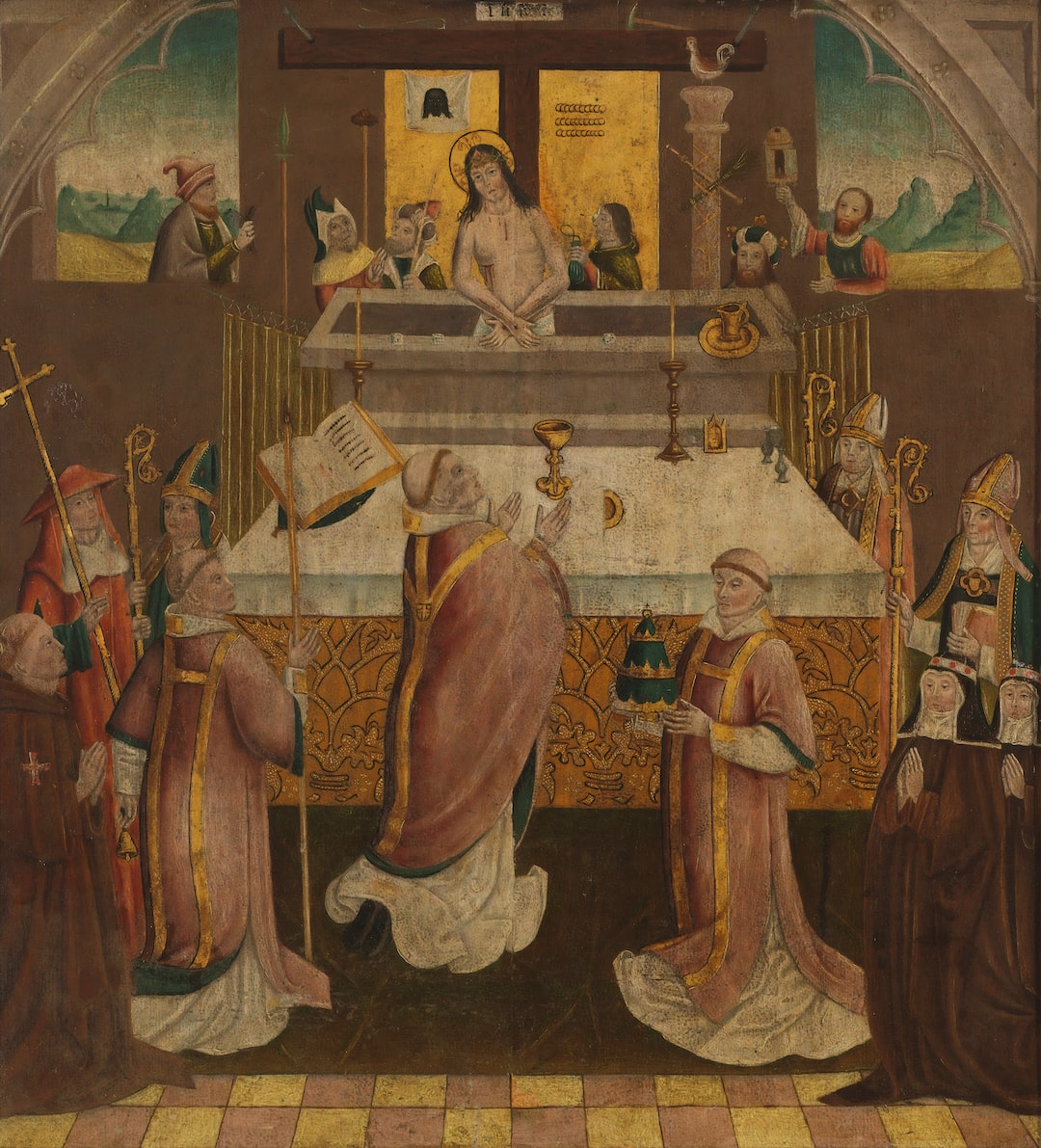The Role of Religion in Shaping Cultural Identity
Religion has always played a significant role in shaping cultural identity across the globe. It has been an integral part of human society since time immemorial. Religion not only provides individuals with a set of beliefs and values but also forms the foundation of cultural norms, practices, and customs. This blog post will explore the influence of religion in shaping cultural identities and why it holds such a prominent place in human societies.
Religion acts as a guiding force that influences the way people perceive the world and their place in it. It provides individuals with a sense of purpose and meaning, shaping their values, attitudes, and behaviors. For instance, in predominantly Hindu societies like India, the concept of dharma (duty) is deeply ingrained in the cultural identity of individuals, which governs their actions and interactions with others. Similarly, in Islamic societies, the Five Pillars of Islam serve as guiding principles, shaping the cultural identity of Muslims and their way of life.
Furthermore, religion shapes cultural identity by providing a shared set of beliefs and practices within a community. It creates a sense of belonging and solidarity among individuals who share the same religious faith. In many cultures, religious festivals and rituals are important markers of cultural identity. For example, the celebration of Diwali in Hinduism and Christmas in Christianity are not just religious events but also essential cultural celebrations that bring communities together, reinforcing their cultural identity.
Religion also influences cultural identity through the development of moral and ethical frameworks. Religious teachings often provide guidelines for moral behavior and establish a moral compass that shapes individual and collective actions. These moral codes influence societal norms and values, ultimately shaping cultural identity. For instance, the Ten Commandments in Judaism and Christianity outline a code of conduct that outlines the moral duties of believers and establishes the ethical foundation of these religions.
Moreover, religion plays a vital role in shaping cultural identity by preserving traditions and cultural practices. Religious rituals, ceremonies, and traditions have been passed down from generation to generation, ensuring the preservation of cultural heritage. These practices become defining elements of a culture and contribute to its distinct identity. The vibrant festivals, intricate rituals, and traditional clothing associated with various religious communities all contribute to shaping cultural identity.
However, it is essential to acknowledge that religion can also be a source of conflict and division among different cultural groups. Differences in religious beliefs can lead to tension and even violence. History is replete with examples of religious conflicts that have torn societies apart. The role of religion in shaping cultural identity must be examined in light of these instances, and efforts must be made to foster tolerance and understanding among diverse religious communities.
In conclusion, religion plays a significant role in shaping cultural identity. It provides individuals with a sense of purpose, shapes values and practices, and influences moral and ethical frameworks. Religion also serves as a unifying force among communities, providing a shared set of beliefs and practices. However, it is crucial to promote dialogue and understanding between different religious groups to counter the potential for conflict. Religion should be viewed as a positive influence that contributes to the diversity and richness of cultural identities while fostering peace and harmony.
